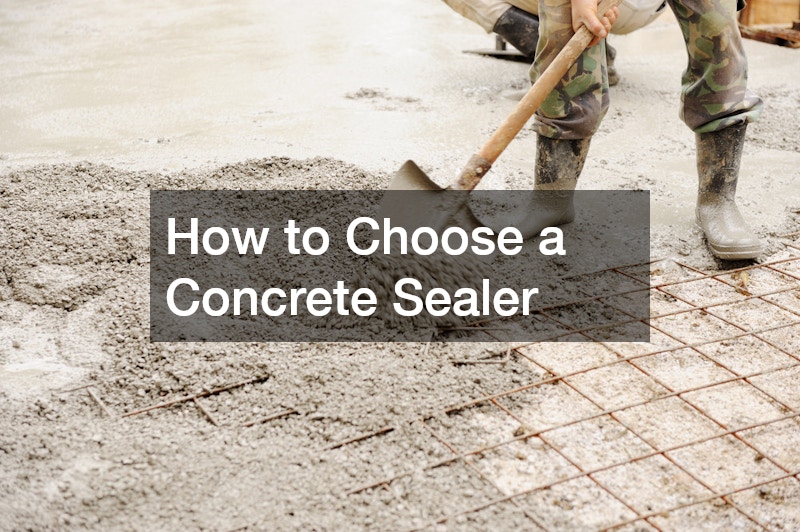Choosing the right concrete sealer is an essential part of maintaining the longevity and appearance of your concrete surfaces. Whether you’re sealing a driveway, patio, or indoor floor, selecting the appropriate protective concrete sealer can make all the difference in safeguarding your concrete from damage caused by water, chemicals, and daily wear and tear. Here’s a guide to help you choose the best concrete sealer for your project.
1. Understand the Purpose of Sealing
Before selecting a concrete sealer, it’s important to understand the purpose of sealing your concrete. A protective concrete sealer serves as a barrier, preventing water, chemicals, oil, and stains from penetrating the surface. It also protects against freeze-thaw cycles, UV rays, and daily wear that can cause cracking, discoloration, and deterioration. By sealing your concrete, you enhance its durability and preserve its appearance over time.
2. Types of Concrete Sealers
There are several types of concrete sealers, each designed for specific needs and surfaces. Understanding the differences between them will help you choose the best option for your project:
Penetrating Sealers: These sealers soak into the concrete and create a chemical barrier within the pores, preventing moisture from penetrating the surface. They are ideal for outdoor surfaces like driveways and sidewalks where water protection is crucial. Penetrating sealers often last longer and require less maintenance.
Acrylic Sealers: Acrylic sealers form a protective layer on the surface of the concrete and are available in both solvent- and water-based options. They provide good protection against water and UV damage and are commonly used for decorative concrete surfaces, such as stamped or stained concrete. They are easy to apply but may require more frequent reapplication.
Epoxy and Polyurethane Sealers: These are high-performance sealers that create a thick, durable surface coating. Epoxy and polyurethane sealers are often used for indoor surfaces, such as garage floors or commercial spaces, where chemical resistance and a glossy finish are desired. They offer strong protection but can be more difficult to apply and may yellow over time when exposed to UV light.
3. Consider the Environment
The environment in which your concrete is located will also influence your choice of sealer. For example, if you’re sealing outdoor concrete that’s exposed to harsh weather, you’ll want a sealer that provides protection against water and freeze-thaw cycles. In contrast, indoor concrete may require a different type of protection, such as resistance to chemicals and stains.
4. Choose Based on Desired Finish
Another factor to consider when choosing a protective concrete sealer is the finish you want. Sealers come in a variety of finishes, from matte to high-gloss. If you want a natural look, a penetrating sealer may be best, as it doesn’t change the appearance of the concrete. For a shiny, polished look, an acrylic, epoxy, or polyurethane sealer will give you a glossy finish.
.












